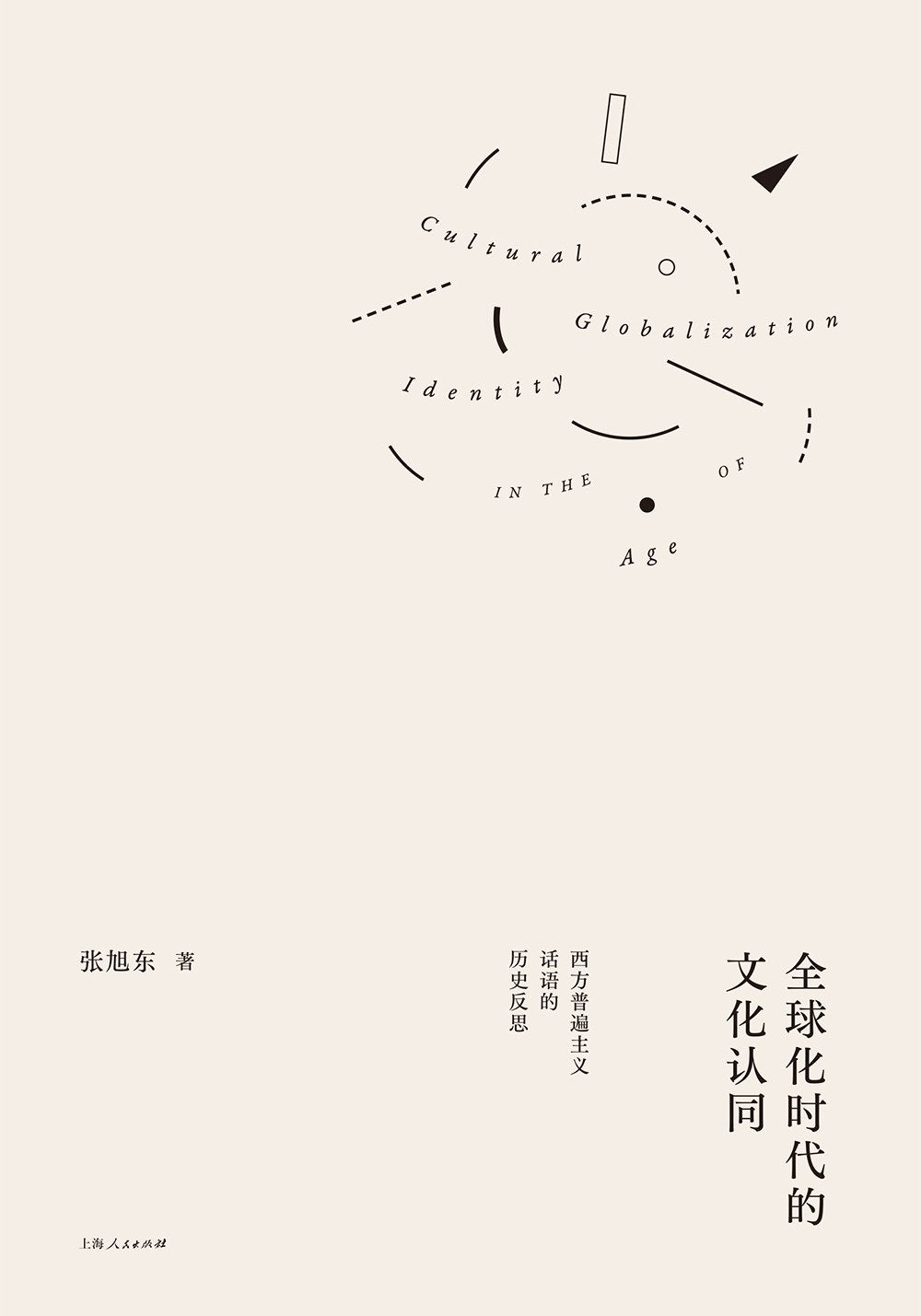WULOLIFE
《全球化时代的文化认同:西方普遍主义话语的历史反思》 作者: 张旭东
《全球化时代的文化认同:西方普遍主义话语的历史反思》 作者: 张旭东
Couldn't load pickup availability
Description
内容简介 · · · · · ·
作为“张旭东作品系列”的第三部,本书根据其在北京大学和纽约大学博士课程的讲稿扩充、修订而成,通过七堂课、五位思想家、十部著作中涉及的近二十个关键概念帮助学生系统了解当代理论及其背后的社会史和政治哲学脉络。书中还附录了北大随堂问答,让读者了解作为青年学子们面对书中的种种问题和中国的现状,他们又有哪些看法和疑问,以及作者如何回应这些看法和疑问。
全书是西方思想经典导读课程,也是关于现代国家与个人、自我与他者、普遍性与特殊性等现代性核心议题的观念史梳理和文化批判专著。在近现代欧洲,尤其是德国的具体社会历史语境下,对康德、黑格尔、尼采、韦伯、施米特等一系列思想家的经典文本进行导读与阐释,把握他们的理论表述与现代民族、国家兴起之间的内在关联,更注意理解他们针对现代世界各种思想困惑和现实危机所展开的深刻自我批判与文化反思。
本书通过展示一代又一代思想家对“如何做一个现代德国人”的不懈追问,提供了一种全球化语境下重了解现代世界展开的思想逻辑与历史根源的方法与可能。西方普遍主义话语从来不是一蹴而就的,它是一个动态的不断发展和完善换言之,今天的某些西方普遍性概念或普遍主义话语,可能就是历的昨天中,一种文化自主性追求的结果。
名家推荐:
这是一本多年少见、颇值一读的书。作者通过对思想史的独到叙述,不是文化的特殊(新左派,不是普遍主宰独特,也不是独特呈现或反抗普遍,而特殊改进和充实普遍,这才是中国现代化的创造之路和这路对人类的意义。
——李泽厚
通过对西方现代思想的富于穿透力的解读,作者系统地阐释了全球化条件下的文化政治问题。就论述的深入、视野的开阔、表达的明晰和理论的连贯性而言,这部著作是中文世界中难得的作品;它所提无论赞成还是反对其立场——都绕不过去的。
——汪晖
中国文化的身份认同危机中国学人三千年来面临的最大挑战,晚清以降,有时代感的中国人无不以自己的学力担当起“与北狄交,中国不绝若线”的历史使命。张旭东教授立足于现代基于深入研究近代西方的自我认识,通过解读一系列西方现代典籍,促使我们在当今的文化时局中重新考虑中国文化的政治主体性。中国问题始终是现代性问题的一个样板,本书化比较文学为政治哲学,以一如既往的清新明快的文风对这一问题的思考,堪称国朝学界正方兴未艾的政治哲学的一个样板。
——刘小枫
全球化时代的一个基本悖论在于,一方面全球化似乎消解了所有特殊的文化认同,但另一方面这种消解本身恰恰又导致普遍的认同危机与文化焦虑,从而酝酿着文明冲突的危险。本书从历史和理论两方面深刻分析了全球化时代文化政治的复杂性,所有关心全球化时代中国文明命运的人不可不读。
——甘阳
作者简介 · · · · · ·
东亚研究系教授,国际批评理论中心主任。曾兼任华东师范大学“紫江讲座”访问教授;北京大学“长江学者”讲座教授、人文讲席教授(访问)、国际批评理论中心主任。中文著作包括《改革时代的中国现代主义——作为精神史的80年代》《全球化与文化政治——90年代的中国与20世纪的终结》《我们时代的写作》《对话启蒙时代》《纽约书简》等。译有《发达资本主义时代的抒情诗人》《启迪》。编有《晚期资本主义的文化逻辑》《传统与形式创意》。
目录 · · · · · ·
从黑格尔到尼采:市民—基督教价值体系的解体尼采的转折及其当代意义:从理性的毁灭》谈尼采的历史批判和文化批判:《不合时宜的观察》
第四讲 尼采(下):起源、“永恒的复归”与价值的自我肯定再谈《理性的毁灭》
“神话”与“起源”
“永恒的复归”
“真理是一个价值事件”:走向生活世界消解与自我肯定:后现代主义文化政治里的尼采主义第五讲 韦伯与文化政治只有价值多元,没有价值中立自由的观念从存在到政治政治经济学的基本问题自我肯定民族国家历史记忆政治成熟的民族课堂问答第六讲 文化政治的激化:从韦伯到施米特韦伯的立场理性的边界施米特的挑战主权、例外情况与“人类最后的战争”
结束语:谈谈学术研究中的问题意识第七讲 多元文化时代的历史与主体文化多元与历史主体压抑的多样性:哈贝马斯、罗尔斯、罗蒂与杰姆逊西方独特性的元叙事:重读韦伯《新教伦理与资本主义精神》
“世界上本没有路”
出版推荐
